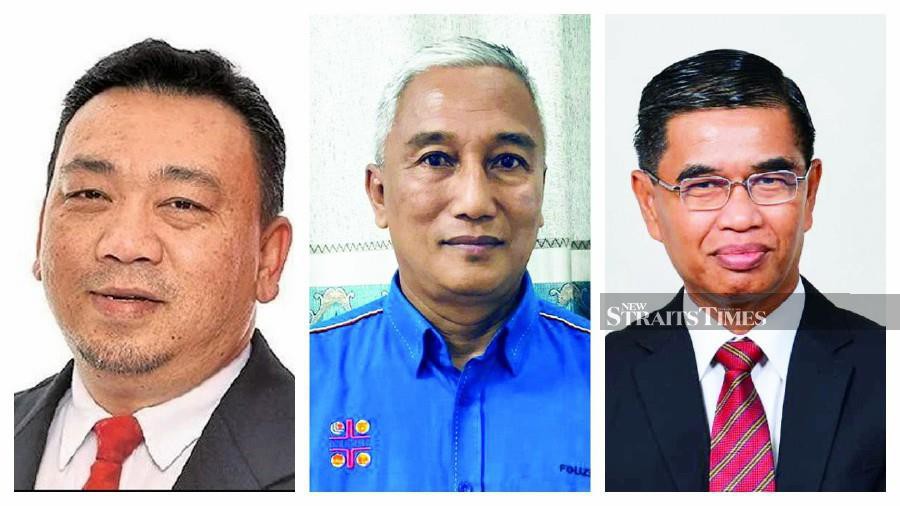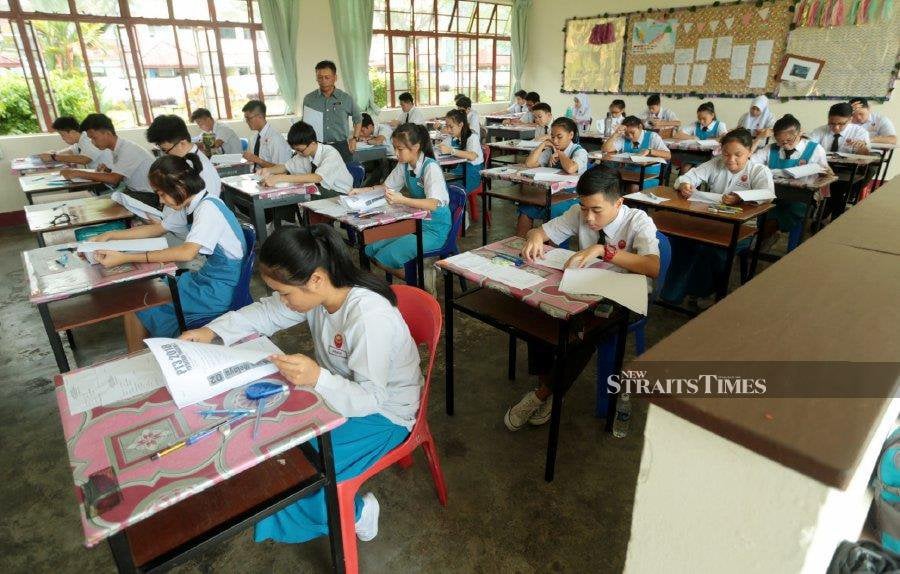KUALA LUMPUR: Public examinations have been so entrenched in Malaysia's education system that some parents are pining for the return of Ujian Pencapaian Sekolah Rendah (UPSR) and Pentaksiran Tingkatan Tiga (PT3).
Despite growing calls from parents to reinstate both examinations, members of the education fraternity have split views on the matter.
While some quarters are pushing for the centralised assessment to be revived, albeit in different formats, others remain totally opposed to the proposal.
Education expert Dr Anuar Ahmad called on the ministry to introduce a centralised assessment system for all primary school pupils to gauge their mastery of their reading, writing and counting skills.
The assessment, said Anuar, should only consists of three subjects — Bahasa Melayu, English and Mathematics — and be conducted when children are still in Year Three or Year Four.
"This will give teachers adequate time to conduct intervention programmes for pupils who have not mastered the three skills before they move to secondary schools.
"Even the United Nations Educational, Scientific and Cultural Organisation and the Organisation for Economic Cooperation and Development have recommended similar assessments for primary school pupils," he told the New Sunday Times.
However, Anuar, a senior lecturer at Universiti Kebangsaan Malaysia's Centre of Community Education and Wellbeing, described UPSR and PT3 as obsolete assessment tools that should not be reinstated.
"Reviving UPSR and PT3 would mean returning to the decades-old examination-oriented culture that most developed countries have moved away from.
"Examination-oriented education only gives students a traumatic learning experience, as they are forced to chase grades instead of undergoing a holistic development.

"Our education system is at a major turning point after the Covid-19 pandemic.
"We need to shift from an examination-oriented education to a learning-based education.
"This means children should want to attend school to discover new things through fun and meaningful learning activities instead of being pressured to ace examinations.
"This is the only way to nurture a generation of lifelong learners," he said.
Similarly, the National Union of the Teaching Profession (NUTP) is wary about these examinations returning to schools as they could rob the joy of learning from students.
NUTP secretary-general Fouzi Singon said Year Four, Five and Six pupils as well as Form One, Two and Three students nationwide will sit for a centralised assessment on the third week of next month.
Each school would generate their own question papers for the assessment from a centralised question bank under the Education Ministry, he said.
However, Fouzi was worried that the new assessment model would incur additional costs and work for schools as they had to print and sort out the question papers by themselves.
"The centralised model will ensure the quality of assessments and keep them bias-free.
"But, in the long run, students will be grappling with exam pressure and even schools with low-performing students may come under scrutiny.
"Nevertheless, NUTP launched a nationwide survey that polled 3,000 teachers nationwide to understand their concerns on the new examination model.
"We will analyse the results on Dec 30 and issue a statement afterwards," he said.
Meanwhile, former SMK Shah Alam Parent-Teacher Association president Mohdan Amran wanted the ministry to revive
UPSR and PT3, stressing that an exam-oriented approach was the best way to evaluate the effectiveness of the country's education system.
"Parents will also feel confident about the examination system."
With the abolishment of UPSR and PT3, Sijil Pelajaran Malaysia remains the only mandatory public examination for students in the country.





